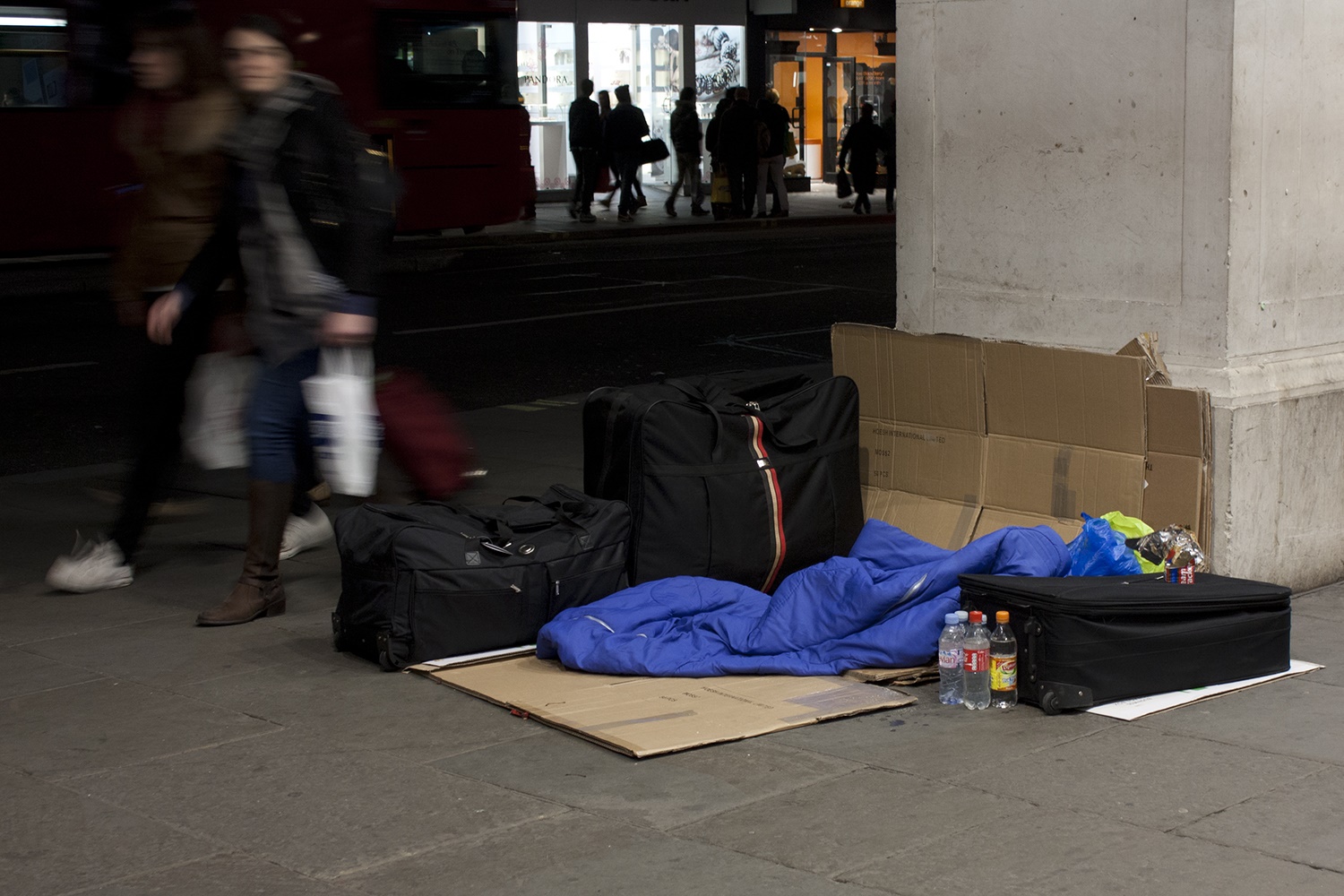18.08.16
Code of practice needed to tackle ‘unacceptable’ council variation in homelessness support
MPs have called on the government to monitor local authorities and implement a code of practice to ensure they are meeting their statutory duties regarding homelessness, as it is “not acceptable that the level of support offered to vulnerable people can vary significantly across the country”.
The Communities and Local Government (CLG) Committee published its report into homelessness today, and while it recognises the challenges faced by councils, it said that many people seeking support are made to feel as if they were at fault and that local authorities can take steps to discourage applications.
The cross-party group of MPs added that many people are badly treated by council staff and those who are judged not to be in priority need are often poorly served and sent away without any meaningful support or guidance.
Clive Betts MP, chair of the CLG Committee, noted that the demonstrable increase in homelessness, which has seen rough sleeping increase 30% in the last year alone, is driven by the cost and affordability of housing. It has also pushed the problem to such a level that a refreshed government strategy is needed.
“It needs to not only help those who are homeless but also prevent those vulnerable families and individuals who are at risk of becoming homeless from joining them. All departments will need to subscribe to this common approach and contribute to ending homelessness,” said Betts.
“Local authorities also have a big part to play. The committee recognises they face a significant task with funding pressures and legal obligations, but vulnerable people are too often badly treated, being made to feel like they are at fault, and offered ineffectual and meaningless advice. We want the government to monitor local authorities and help them achieve best practice.”
He added that the committee would follow up next year on its numerous recommendations, which include that the secretary of state should write to all local authorities to reiterate their duties when placing families outside their areas.
In addition to recommendations, the committee has unusually sponsored the Homelessness Reduction Bill, a Private Member’s Bill presented by committee member Bob Blackman MP. It noted that the government should introduce statutory monitoring of local authority housing departments to ensure they meet the requirements of a revised Code of Guidance that outlines service levels to ensure that every homeless person receives the support they need.
Campbell Robb, the chief executive of Shelter, said: “Today’s report is a welcome recognition of the steep rise in homelessness, and the urgent need for a new government strategy to tackle this crisis.”
The MPs added that the government must take steps to improve data collection and implement the recommendations of the UK Statistics Authority as a matter of urgency. The aim should be to ensure that figures capture trends more accurately to reflect more than just the total number of homeless people, and the approach taken by CHAIN (the Combined Homelessness and Information Network), a multi-agency database recording rough sleeping in London, should be rolled out further across the country. DCLG should give consideration to how this group can be captured effectively in the data it collects. The MPs said it will monitor the department’s progress improving their statistics, and will return to the issue in twelve months’ time.

Howard Sinclair, the chief executive of St Mungo’s charity, said: “The committee’s report comes at a crucial moment for homelessness policy. Rough sleeping is rising dramatically and we agree with the committee that there is an urgent need for a new cross government strategy to stop the scandal of people being left stuck on our streets.”
Cllr Nick Forbes, senior vice chair at the LGA, argued that councils want to end homelessness and work hard to support those who become homeless to get into accommodation and, where they can, to prevent it happening in the first place.
He added that local government can succeed in reducing homelessness “if given the funding and powers to bring together local housing, health, justice, and employment partners, to address the gaps between household incomes and spiralling rents, and to resume their historic role as a major builder of affordable homes”.
“The extension of legal duties on councils, as supported by the committee, would need to be accompanied by sufficient powers and funding from the government, as part of a coherent national strategy,” said Cllr Forbes. “Without this, councils will continue to find it difficult to deliver on our ambitions to end homelessness.”
A government spokesman said that statutory homelessness remains less than half the 2003-04 peak; however, one person without a home is one too many.
“The government is investing more than £500m to prevent and tackle homelessness and continues to spend around £90bn a year on working-age benefits to help the most vulnerable,” he said.
“The report recognises the causes of homelessness are varied and complex, so across government we are considering how to improve services, including around mental health and addiction support.”
Have you got a story to tell? Would you like to become a PSE columnist? If so, click here.